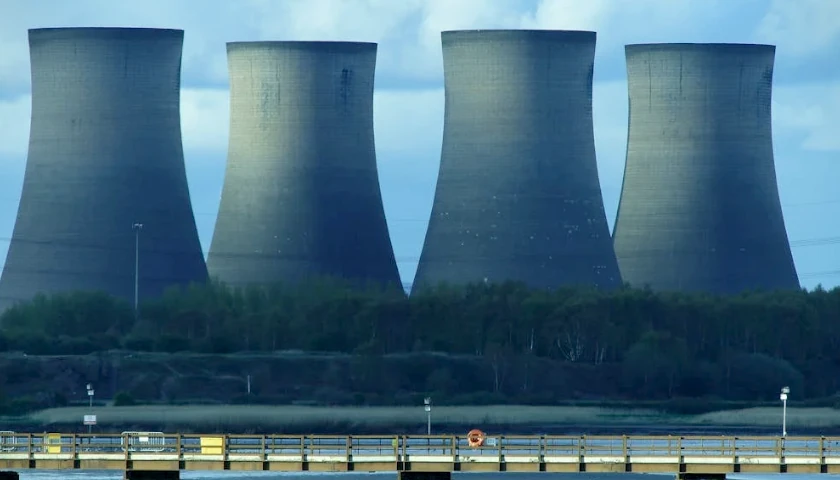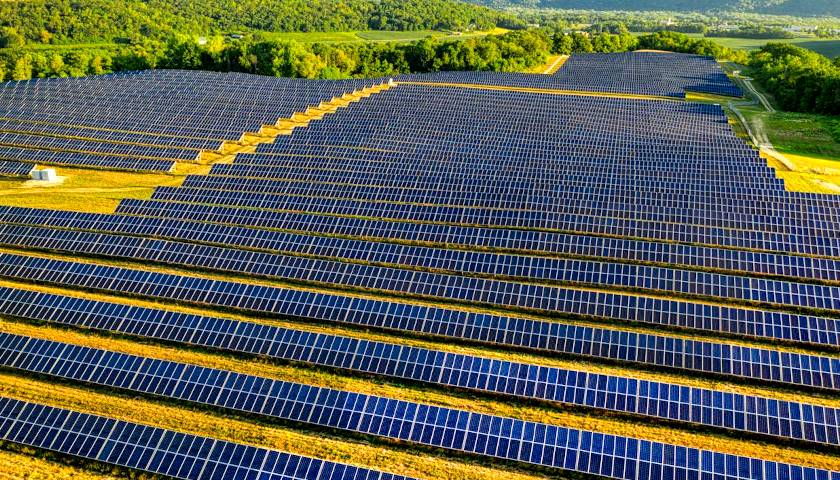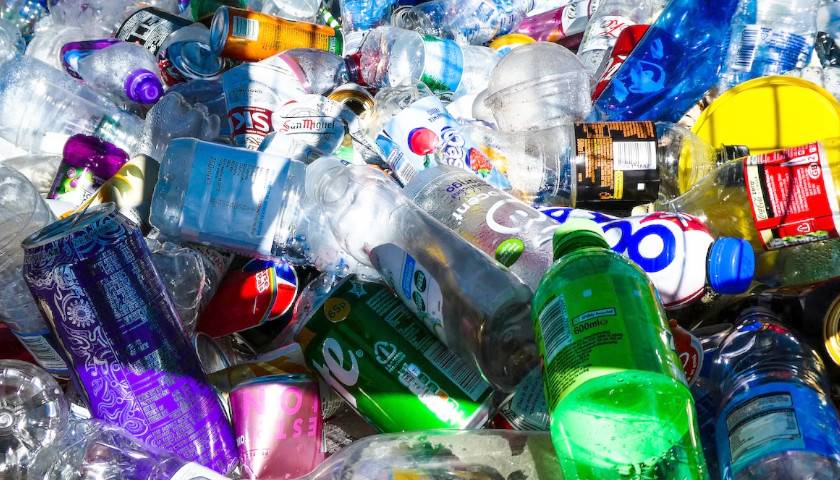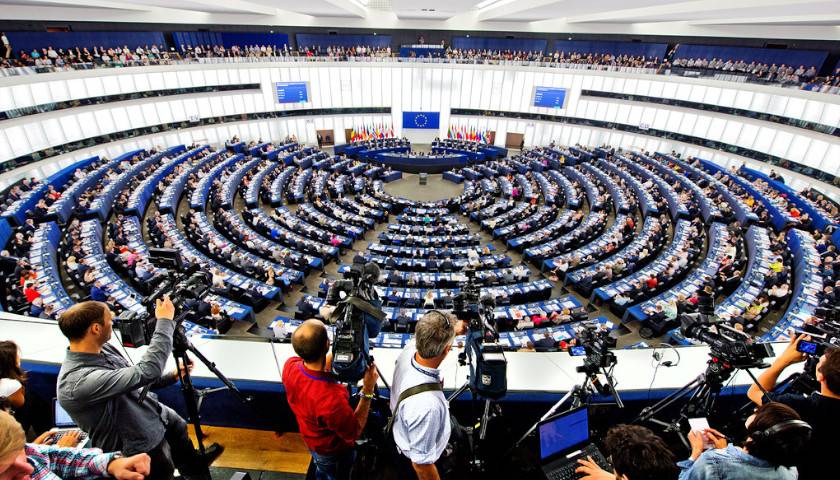The justification for rapidly transitioning the global energy economy to renewables is to avert a catastrophic environmental crisis. It is based on the premise that anthropogenic greenhouse gas emissions, primarily from the combustion of coal, natural gas, and oil, are altering our atmosphere, which in turn is leading to a host of negative consequences too numerous to mention.
It is possible nowadays to find almost anything, from crime and disease and mental health to species extinctions, deforestation and disappearing coral reefs, being attributed to climate change. And if you research almost anything involving the design of civilization, not just the production and consumption of energy but housing, mining, ranching, farming, shipping, transportation, waste management, water treatment, etc., the data most prominently reported are always carbon and CO2. The actual units of energy or water, or tonnage of product, or any other practical data necessary to inform management and logistics, has now become secondary. It’s all about carbon.
Read More







